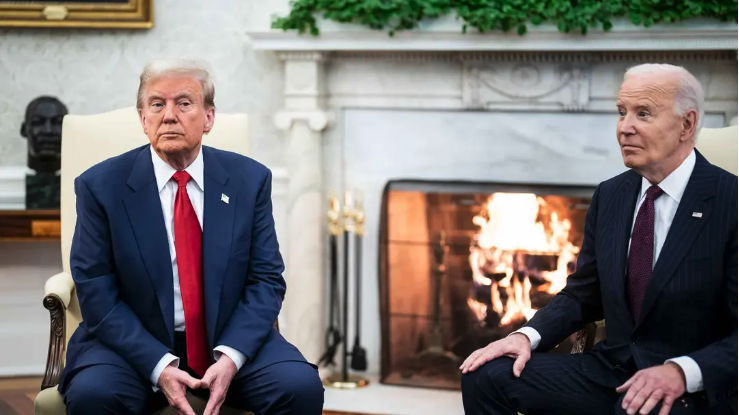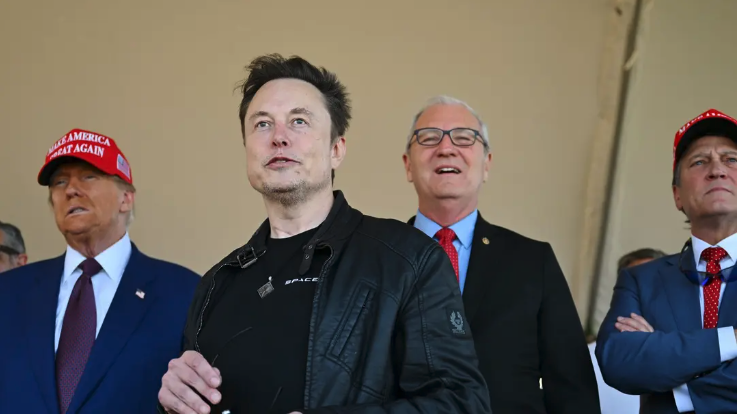US Orders Nvidia and AMD to Stop Selling Chips to China
On Wed., American chipmaker Nvidia made a public acknowledgment that the U.S. government restrained the sale of advanced chips to China amid fears that the technology could be diverted to a "military end use."

Facts
- On Wed., American chipmaker Nvidia made a public acknowledgment that the U.S. government restrained the sale of advanced chips to China amid fears that the technology could be diverted to a "military end use."
- This comes as the company reported in a regulatory filing that new licensing requirements to sell chips for high-performance graphics processing units to China, Hong Kong, and Russia could make it lose as much as $400M.
- Another chipmaker, AMD [Advanced Micro Devices, Inc.] has also confirmed the existence of new U.S. Dept. of Commerce requirements, which it expects won't cause "material impacts" on its business as restrictions cover only one line of components.
- Graphics processing units were originally created to render images in video games but have become widely used in supercomputers for applications such as image recognition over the past decade.
- This restriction intensifies the U.S. crackdown on China's technological development as tensions simmer over the fate of Taiwan, where components designed by most U.S. chip firms are manufactured.
- In 2020, former Pres. Trump imposed a ban on the sale of chips using U.S. technology to Chinese tech giant Huawei without a special license.
Sources: Daily Caller, Business Insider, CNN, New York Times, Guardian, and One America.
Narratives
- Pro-China narrative, as provided by Global Times. America's desperate attempts to maintain its hegemony by controlling science, technology, and trade will harm not only China but the entire global industry. Eventually, this blockade will fail as the Chinese chip sector has been steadily developing to catch up with advanced countries.
- Anti-China narrative, as provided by Reuters. Though American firms may be affected by these restrictions, the U.S. government is protecting national security. The U.S. can't rely on China to be a responsible actor, and Washington must take action to prevent Beijing from diverting U.S. technology to military end-use.






